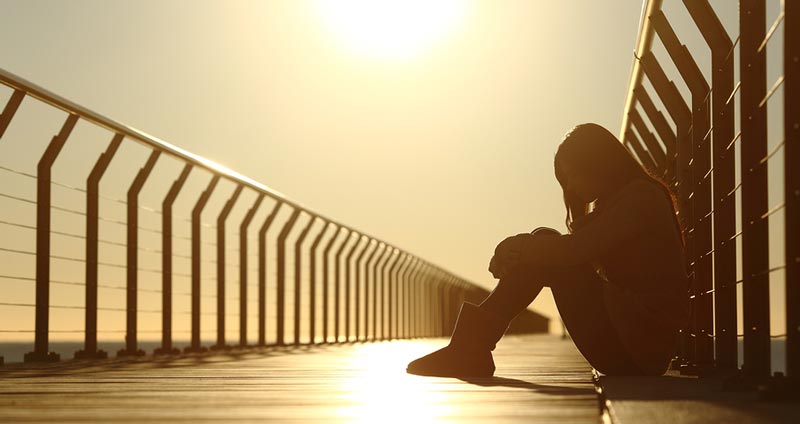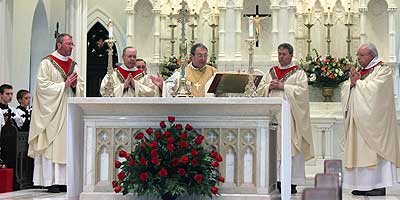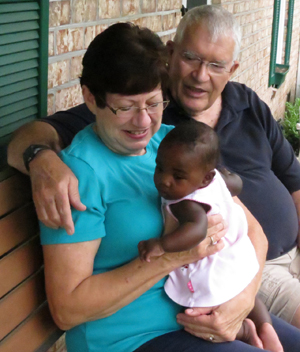
During my years in Michigan, the notorious Dr. Jack Kevorkian actively promoted assisted suicide. He periodically delivered bodies to a hospital in Pontiac, minutes away from the campus where I lived. The local press wavered between defending his action, as if it were everyone’s right to decide the time to die, and expressing outrage that chronically and terminally ill people had not received treatment for depression.
As we know, a number of states and nations have since legalized physician-assisted suicide. But even before St. John Paul II included the condemnation of euthanasia and assisted suicide in “The Gospel of Life,” we already knew the dictates of nature and common sense. If God is sovereign over life, we must conclude that every human lifespan is in God’s hands.
During the Kevorkian era, a doctor who specialized in pain management came to the offices of our seminary and asked if he could enroll in classes in theology and spirituality. He had been raised Lutheran but acknowledged that he had not been attending church. What woke him up was the patient who told him that she was considering going to Kevorkian. He suddenly realized that he and his colleagues had been providing physical therapy, medication, and counseling but had missed out on the spiritual dimension of patient care. They hadn’t really addressed what makes life worth living and how faith and prayer factor into well-being. He signed up for courses in Scripture and the Catechism. He attended campus days of prayer — and he kept coming.
He found that we Catholics are about the biblical dictum to “Choose life.” The bottom line is that God rules life and death — from womb to tomb. Therefore, suicide is a violation of the fifth commandment. For that reason, the practice for centuries was that Christian burial was not permitted for a person who had killed himself or herself.
In recent times, however, we have become more attuned to the full scale of people’s situations and distresses. We understand that suffering people can do things which are judged gravely wrong but not be morally responsible for their actions. Depression, trauma, and extreme stress may seriously impair a person’s ability to make a clear, responsible decision. We’ve learned that children who commit suicide have high rates of attention deficit disorder. Teens and young adults who do so are ill-equipped to deal with setbacks and lack sufficient life experience to realize that what seem to be the worst of days can turn better. Ailing people don’t always know that dire prognoses can be proved so, so wrong.
So we are resolutely pro-life and stand against assisted suicide. But we also do not judge the state of mind or soul of one who has died by his or her own hand. We provide solace to families and friends who so desperately need to heal. We honor the God of life by living out our years and helping survivors to live on — full of hope for a family reunion in heaven.
Sister Pamela Smith, SSCM, is the Secretary for Education and Faith Formation at the Diocese of Charleston. Email her at psmith@catholic-doc.org.




